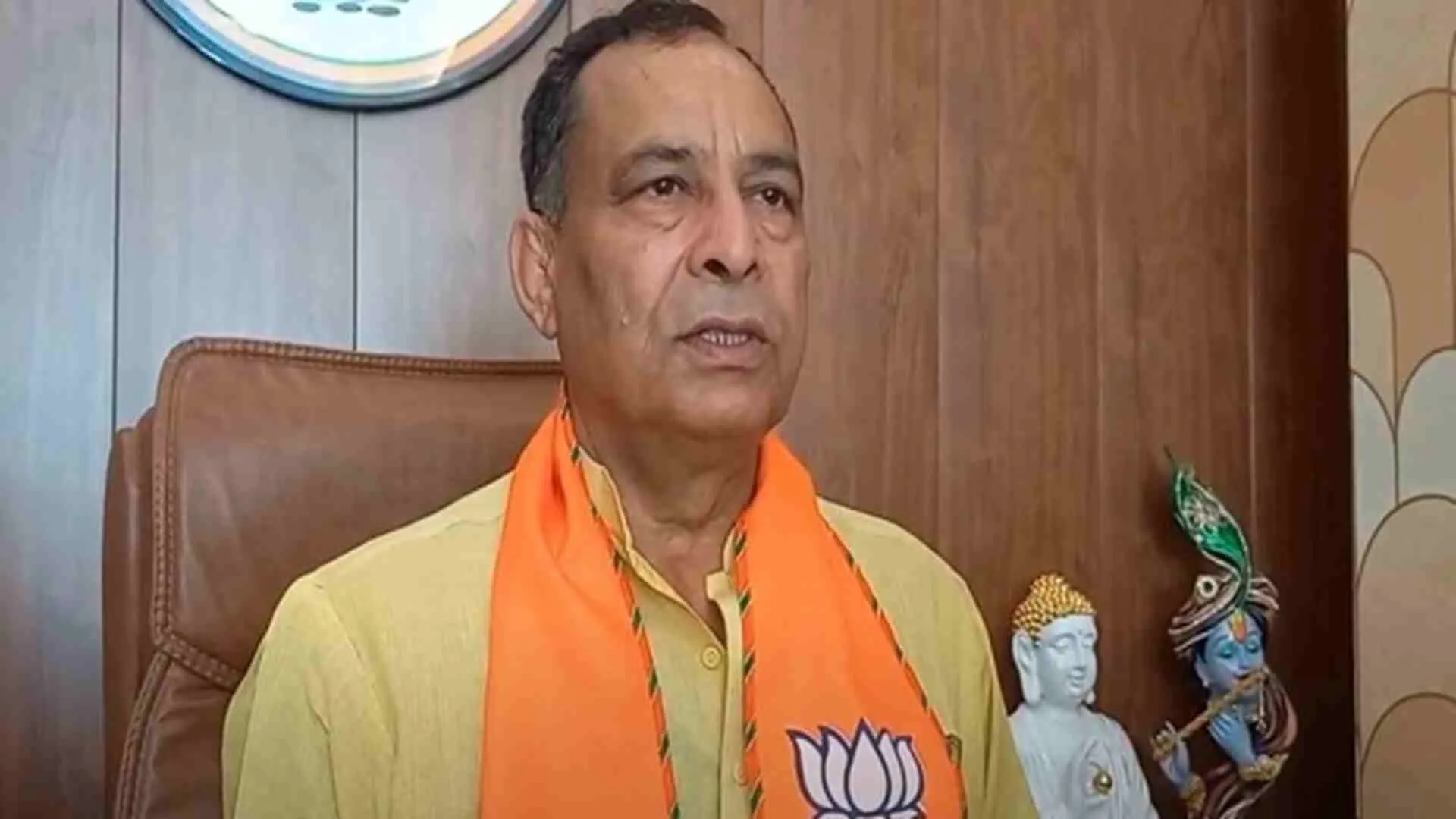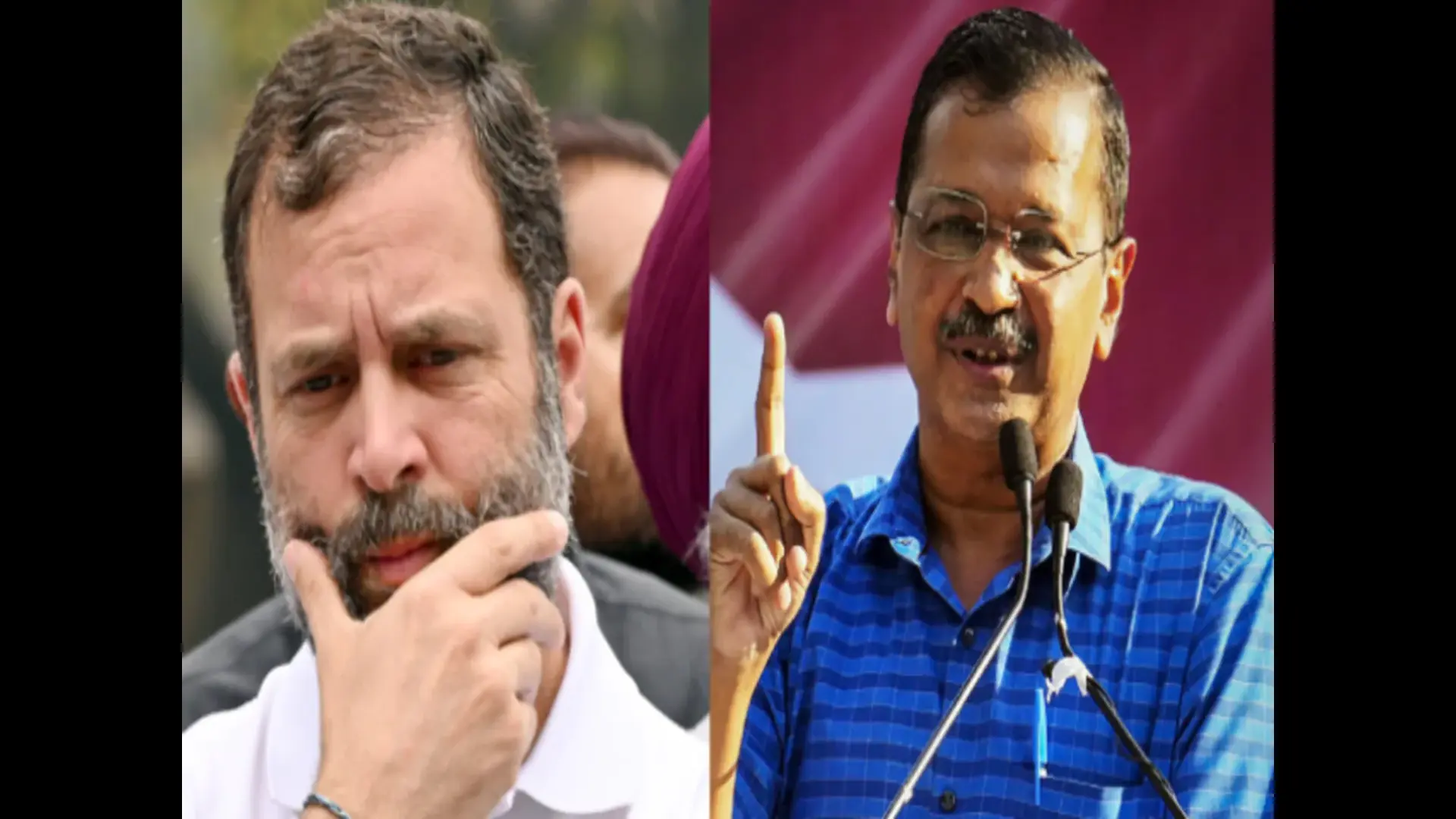The Foreign Ministers of Quadrilateral Security Dialogue (QUAD) countries—India, Australia, US and Japan—are set to discuss challenges resulting from China’s assertive and expansionist agenda in the Indo-Pacific and other regions including the Line of Actual Control. The foreign ministers of Quad nations are also going to focus on China’s surveillance programme through high altitude floating balloons and other electronic systems and networks.
The meeting of the Quad foreign ministers will take place on 3 March in the national capital. “The issues to be discussed during the meeting have already been finalized, with China going to be the biggest one,” sources told The Daily Guardian. Foreign Ministers of India, Japan, US and Australia would give final shape to the agenda for the Quad Summit which will be hosted by Australia probably in the month of May this year, sources added.
Australian Prime Minister Anthony Albanese’ visit to Delhi on 8 March will be quite important in the context of the upcoming Quad summit. Diplomatic sources told TDG, “Albanese will hold bilateral talks with Prime Minister Narendra Modi during which the two leaders would discuss efforts under the Quad mechanism to uphold the rules-based international order.”
In fact, the G20 foreign ministers’ meeting will be followed by the interactions of the Foreign Ministers of the Quad nations. External Affairs Minister S Jaishankar will hold discussion with his counterparts from Japan Yoshimasa Hayashi, from Australia Penny Wong and from the US Antony Blinken. In fact, the US has intensified diplomatic efforts with its friends and allies, in particular its Quad partners, to expose China’s surveillance programme through balloons.
“Blinken would be bringing it up during the discussion, seeking better and much closer partnership and cooperation among the four countries to keep a close watch over Beijing’s activities so as to counter it,” sources said. “The US wants Quad countries to focus on more intensive intelligence sharing and more effective use of satellite imagery, for which all the four nations have agreements with each other in different bilateral frameworks,” sources said.
According to diplomats privy to preparations ahead of the foreign ministers’ meet, all the four partner countries of Quad are of the view that China has become increasingly assertive in the region, with on-going maritime disputes with several countries and a land boundary conflict with India. Japan, Australia and the US have highlighted concerns over Beijing investing heavily in strengthening its navy in a bid to flex its muscle in the South China Sea and East China Sea. India is also keeping a close eye on China’s efforts to expand its presence in the Indian Ocean as well. The Australian Prime Minister’s meeting with PM Modi would also cover these aspects of the challenges from China, sources said. Japan has also become increasingly wary of “routine incursions” from the Chinese navy.
The US is also keen to protect its interests in the region with the cooperation and help of its friends, allies and partners of the Quad. So, the foreign ministers of the Quad countries would discuss all these aspects related to China’s aggression in the Indo-Pacific, LAC and other maritime zones, sources said. The Foreign Ministers of the four countries, in a joint statement after the meeting last year on the sidelines of United Nations General Assembly (UNGA) meeting, had said that Quad seeks to promote the principles of freedom, rule of law, democratic values, peaceful settlement of disputes, and sovereignty, and territorial integrity are respected.
















